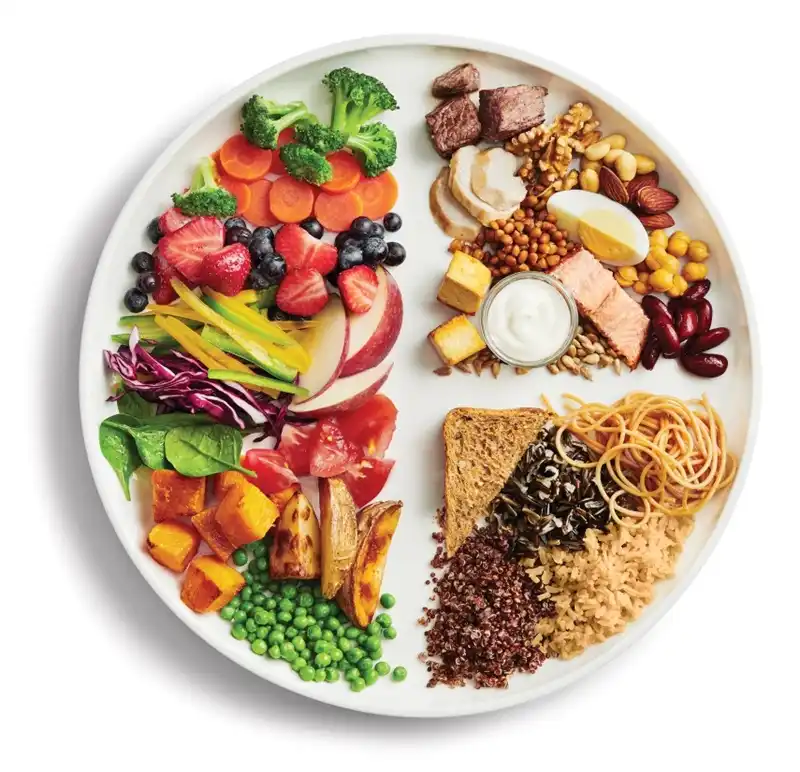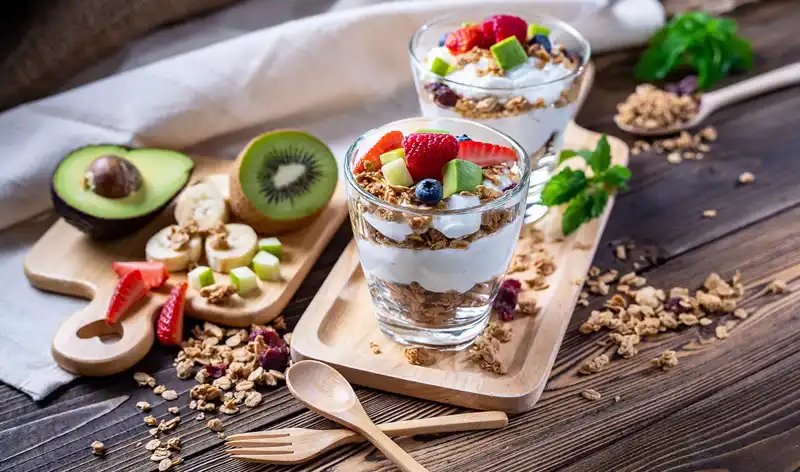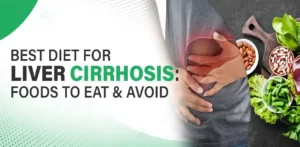Contents
- 1 Understanding Obstructive Pulmonary Disease (COPD)
- 2 The Importance of a COPD Diet
- 3 Foods for COPD Patients
- 4 Nutrition During COPD Treatment
- 5 COPD-Friendly Meals
- 6 Diet for COPD Management
- 7 COPD Nutrition Tips
- 8 Best Foods for COPD
- 9 COPD Nutrition Therapy
- 10 COPD-Friendly Recipes
- 11 COPD Meal Ideas
- 12 Embracing Healthy Food
- 13 Healthy Meals Delivered to Your Door
Understanding Obstructive Pulmonary Disease (COPD)
Obstructive Pulmonary Disease (COPD) is a chronic inflammatory lung condition that obstructs airflow from the lungs, making breathing difficult. It encompasses diseases such as emphysema and chronic bronchitis. COPD is primarily caused by long-term exposure to irritating gases or particulate matter, most often from cigarette smoke. People with COPD are at increased risk of developing heart disease, lung cancer, and a variety of other conditions. Symptoms of COPD include breathing difficulty, cough, mucus (sputum) production, and wheezing.
The Importance of a COPD Diet
Diet plays a crucial role in managing COPD. Proper nutrition can help maintain lung function, reduce inflammation, and improve overall health. A balanced diet provides the necessary nutrients that can aid in mitigating symptoms and enhancing the quality of life for COPD patients.

Foods for COPD Patients
- Fruits and Vegetables:
- High in antioxidants, vitamins, and minerals, which can help reduce inflammation and support lung function.
- Berries, oranges, tomatoes, and leafy greens are particularly beneficial.
- Whole Grains:
- Provide essential fiber, which aids in digestion and can help maintain a healthy weight.
- Oats, brown rice, quinoa, and whole wheat products are good choices.
- Lean Proteins:
- Essential for muscle maintenance and repair, which is important for respiratory muscles.
- Options include chicken, turkey, fish, eggs, and plant-based proteins like beans and lentils.
- Healthy Fats:
- Important for overall health and can help reduce inflammation.
- Sources include avocados, nuts, seeds, and olive oil.
- Fluids:
- Staying hydrated helps keep mucus thin and easier to expel.
- Water, herbal teas, and broths are good options.
Also Read: “Optimal Nutrition for Lung Cancer: Best Foods for Your Health”
Nutrition During COPD Treatment
During COPD treatment, nutrition therapy focuses on maintaining optimal body weight and muscle mass, preventing malnutrition, and supporting the immune system. Nutritional needs can vary, so it’s important to consult with healthcare providers to develop a personalized nutrition plan.

COPD-Friendly Meals
Breakfast:
- Smoothie with spinach, berries, Greek yogurt, and a spoonful of chia seeds.
- Oatmeal topped with sliced bananas, a sprinkle of nuts, and a drizzle of honey.
Lunch:
- Quinoa salad with mixed greens, cherry tomatoes, cucumbers, and grilled chicken, dressed with olive oil and lemon juice.
- Lentil soup with a side of whole-grain bread.
Dinner:
- Baked salmon with a side of steamed broccoli and brown rice.
- Stir-fried tofu with mixed vegetables and quinoa.
Diet for COPD Management
Effective diet management involves eating smaller, more frequent meals to avoid overfilling the stomach, which can make breathing more difficult. Reducing salt intake can help prevent fluid retention, and limiting foods that cause gas and bloating, such as carbonated drinks and fried foods, can also be beneficial.
COPD Nutrition Tips
- Eat Regularly: Small, frequent meals can prevent the discomfort that comes with large meals and helps maintain energy levels.
- Stay Hydrated: Drinking plenty of fluids helps keep mucus thin and easier to expel.
- Avoid Gas-Producing Foods: These can include beans, carbonated beverages, and certain vegetables like cabbage and broccoli.
- Limit Salt: High sodium intake can lead to fluid retention, making breathing more difficult.
- Balanced Diet: Ensure your diet includes a good mix of proteins, healthy fats, and carbohydrates to provide sustained energy.

Best Foods for COPD
- Berries and Citrus Fruits: High in vitamin C and antioxidants.
- Leafy Greens: Packed with vitamins A and K, calcium, and iron.
- Fish: Rich in omega-3 fatty acids, which can reduce inflammation.
- Nuts and Seeds: Good sources of healthy fats and protein.
- Whole Grains: Provide sustained energy and fiber.
Also Read: “Optimal Nutrition for Pneumonia Recovery: Foods & Tips for Bronchopneumonia”
COPD Nutrition Therapy
Nutrition therapy for COPD focuses on tailored dietary interventions to improve health outcomes. This includes assessing nutritional status, identifying specific nutritional needs, and implementing strategies to address those needs. The goal is to enhance lung function, reduce symptoms, and improve overall quality of life.

COPD-Friendly Recipes
Recipe 1: Baked Salmon with Quinoa and Steamed Veggies
- Ingredients: Salmon fillet, quinoa, broccoli, carrots, olive oil, lemon juice, salt, and pepper.
- Instructions: Preheat the oven to 375°F. Season the salmon with olive oil, lemon juice, salt, and pepper. Bake for 20 minutes. Cook quinoa according to package instructions. Steam broccoli and carrots until tender. Serve the salmon over quinoa with vegetables on the side.
Recipe 2: Chicken and Vegetable Stir-Fry
- Ingredients: Chicken breast, bell peppers, zucchini, carrots, broccoli, soy sauce, olive oil, garlic, ginger.
- Instructions: Heat olive oil in a pan. Add minced garlic and ginger, and sauté until fragrant. Add sliced chicken breast and cook until browned. Add chopped vegetables and stir-fry until tender. Season with soy sauce and serve with brown rice or quinoa.
COPD Meal Ideas
- Breakfast: Greek yogurt with fresh fruit and a sprinkle of granola.
- Lunch: Grilled chicken Caesar salad with a light dressing.
- Dinner: Turkey meatloaf with mashed sweet potatoes and green beans.
- Snack: Sliced apples with almond butter.
Embracing Healthy Food
A healthy diet is integral to managing COPD and maintaining overall well-being. Incorporating a variety of nutrient-dense foods helps support lung function, reduce inflammation, and improve energy levels. Making informed food choices can significantly impact health and quality of life.
Healthy Meals Delivered to Your Door
Finding healthy food that fits your dietary needs can be challenging, especially for those managing chronic conditions like COPD. IntRest makes it easier by categorizing restaurant menus according to diseases, allergies, diets, and personal interests. You can order healthy food tailored to your specific health requirements, ensuring you get the nutrition you need without the hassle. Whether you’re searching for “healthy food near me” or a “restaurant near me” that caters to COPD-friendly meals, IntRest has got you covered.
Visit the IntRest website today to explore a variety of healthy meal options tailored to your needs, and take a step towards better managing your COPD through optimal nutrition.



